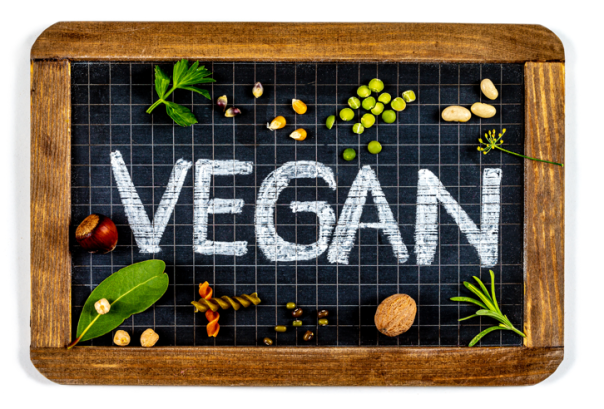
In response to these findings, the FSA has launched a campaign to support people who have an allergy to milk, eggs, fish and crustaceans or molluscs.
The campaign encourages people with allergies to always check for a precautionary allergen statement such as ‘may contain’, on products labelled 'vegan' to decide on whether it’s safe to eat.
The research found:
- 54% of those who react to products of animal origin have used vegan labelling to indicate whether a food is safe to eat at least sometimes when buying packaged food.
- 53% of those who buy for someone with a food hypersensitivity to products of animal origin have used vegan labelling in this way at least sometimes when buying packaged food.
- 29% of people who react to or buy for those who react to products of animal origin weren’t aware they should check for a precautionary allergen label on vegan products to inform a decision on whether it’s safe to eat.
Emily Miles, chief executive of the Food Standards Agency said: “It’s concerning that so many people who are allergic to milk, eggs, fish and crustaceans or molluscs believe food labelled as ‘vegan’ is safe for them to eat because they assume it doesn't contain products of animal origin.
“Unfortunately, the reality of food production means there is still a risk of cross-contamination with animal-based allergens in vegan and plant-based products if produced in the same factory as animal-based products.
“That is why, through our ‘Vegan Food and Allergens Campaign’ we are urging people to always check for a label such as a ‘may contain’ and have a conversation about their allergens with food servers and businesses. I hope this campaign will support people to have confidence in making food choices that are safe for them to enjoy.”